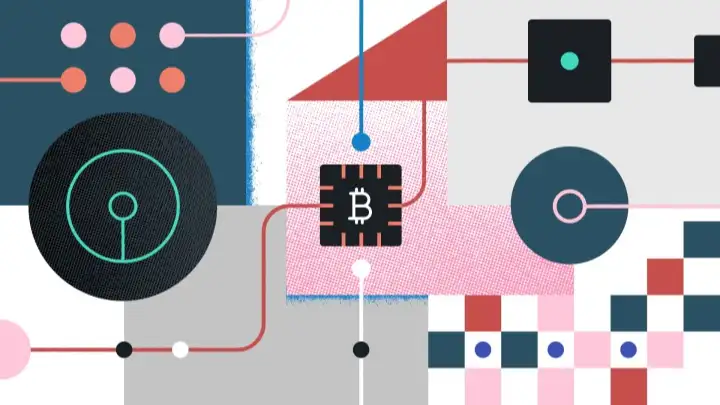According to the Bitcoin Policy institute’s white paper, “CBDCs provide governments with direct access to every transaction in that currency conducted by any individual anywhere in the world. CBDCs also enable governments to prohibit, require, disincentivize, incentivize, or reverse transactions, making them tools of financial censorship and control.”
The report published by Bitcoin Policy Institute addressed the structural problems prevalent in Central Bank Digital Currencies.
The news came a few months after the Bank of International Settlements (BIS) claimed that 90% of central banks seek the adoption of CBDCs.
Bitcoin Policy Institute's whitepaper describes the “Chinese Model” of political economy. It adds that China’s digital Yuan or e-CNY records all transactions in a private state-run network.
The think tank reveals that China is far from the only country that has begun implementing CBDCs, citing
“By May 2022, 10 countries had already fully launched a CBDC: these include Jamaica, The Bahamas, Nigeria, and seven countries in the Eastern Caribbean.”
It states that rolling out CBDCs will lead to the establishment of a “centralized surveillance system” over time.
Moreover, the CBDCs have many structural problems that raise concerns over their adoption.
CBDCs act as digital cash and allow central banks to censor transactions. This results in a lack of financial privacy. Thus, it would be impossible to transact anonymously if these currencies were to become mainstream.
Storing records of transactions on governmental databases would expose them to hacking attacks. It cites that when the Shanghai police station was hacked, records of over 1B citizens were leaked.
The Institute believes that Bitcoin’s adoption model allows it to operate without intervention from central banks. Stablecoins have their utility as they increase the speed of cross-platform transactions.
To conclude, Bitcoin and stablecoins act as a better alternative to CBDCs, with the think tank commenting,
“For most people, a combination of physical cash, bitcoin, digital dollars, and privately issued, well collateralized stablecoins will cover virtually all monetary use cases.”








